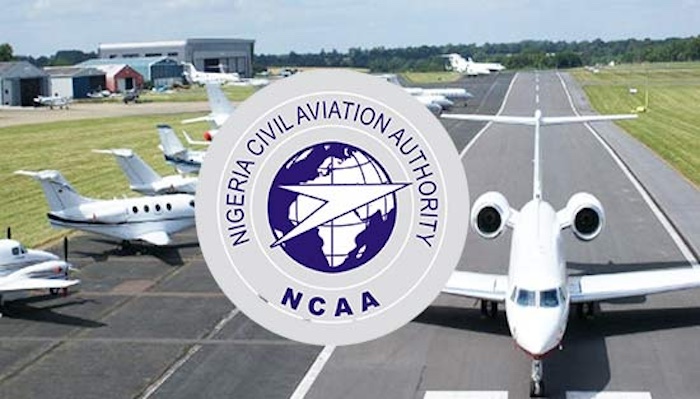By Chinelo Obogo
In response to recent reports claiming a ban on Nigerian airlines by the United States, the Nigeria Civil Aviation Authority (NCAA) has stepped forward to clarify the situation, dispelling any misconceptions that may arise from such news.
NCAA’s acting Director General, Capt Chris Najomo, in a statement on Monday, emphasised that media reports require accurate context to prevent unnecessary alarm among the public.
In his explanation, the NCAA boss stated that for any country, including Nigeria, to operate flights into the United States, it must successfully pass the International Aviation Safety Assessment (IASA) Programme and achieve Category One status.
The status, governed by the U.S. Federal Aviation Administration (FAA), permits Nigerian airlines to operate Nigerian-registered aircraft, as well as dry-leased foreign-registered aircraft, into the U.S., in accordance with the Bilateral Air Services Agreement (BASA) between the two nations.
“Nigeria first earned Category One status in August 2010, following a rigorous safety assessment by the FAA. Subsequent reviews in 2014 and 2017 confirmed Nigeria’s adherence to international aviation safety standards, allowing the country to retain its prestigious status.
“However, in September 2022, the FAA implemented a policy revision affecting Category One countries. This revision de-listed countries that had not provided indigenous airline services to the U.S. or carried the airline code of a U.S. operator within a two-year period. Countries that were not receiving FAA technical assistance due to identified non-compliance with international safety standards were also removed from the list”, Najomo explained.
He added that unfortunately, Nigeria, having not operated any indigenous services to the U.S. within the timeframe, was de-listed, along with several other nations, and was formally informed of this decision in 2022.
The NCAA boss further stressed that Nigeria’s removal from the Category One list has nothing to do with any deficiencies in the country’s aviation safety or security oversight.
He said on the contrary, Nigeria has undergone extensive safety and security audits by the International Civil Aviation Organization (ICAO) and has successfully avoided any Significant Safety Concerns (SSC) or Significant Security Concerns (SSeC).
He clarified that Nigerian operators can still fly into the U.S. using aircraft wet-leased from countries that maintain Category One status.
Najomo said the NCAA reaffirmed its commitment to adhering to international safety and security standards, while respecting the sovereignty of other states, including the United States, as established in the Convention on International Civil Aviation.
He noted that recognizing the implications of the FAA’s policy shift, the Minister of Aviation and Aerospace Development, Olorogun Festus Keyamo, has proactively launched an international campaign to enhance the capabilities of Nigerian airlines.
The initiative included a visit to Airbus in France earlier this year and the recent signing of a Memorandum of Understanding (MOU) with Boeing in Seattle, Washington. The Minister is also focused on ensuring Nigeria’s full compliance with the Cape Town Convention, a critical step in restoring the confidence of international aircraft lessors in the Nigerian aviation market.
With these strategic efforts, he said the NCAA is optimistic that Nigeria will not only regain its Category One status in the near future but will also sustain it, ensuring the continued growth and safety of the nation’s aviation industry.

